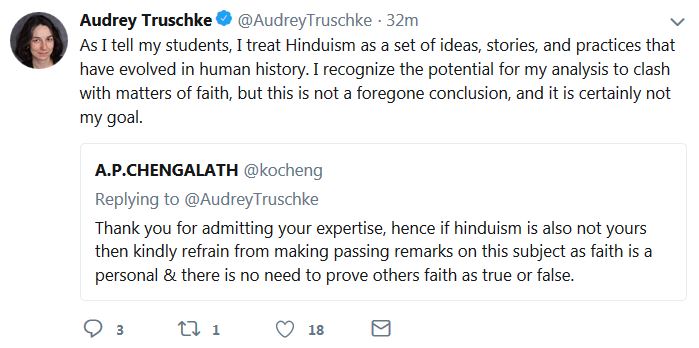 I know a lot of people who don’t sanction the old religious studies vs. theology distinction anymore — to them, the once distinguishable pursuits are better understood to bleed into one another, are mutually informing, are close cousins, or maybe even the very same thing and so to try to differentiate them is a sad testament to the authenticity of the people and the experiences under study. Scholarship, in this mode, is akin to dialogue, a mutually beneficial conversation, an exploration of our common humanity.
I know a lot of people who don’t sanction the old religious studies vs. theology distinction anymore — to them, the once distinguishable pursuits are better understood to bleed into one another, are mutually informing, are close cousins, or maybe even the very same thing and so to try to differentiate them is a sad testament to the authenticity of the people and the experiences under study. Scholarship, in this mode, is akin to dialogue, a mutually beneficial conversation, an exploration of our common humanity.
But as far as I can tell, this model is only used by a rather specific set of scholars, studying particular groups — groups for which such scholars usually have (for whatever reason) some sort of affinity (whether it’s disclosed or not). For the distinction between insider and outsider — as wooden as those two categories now strike some of us — is still immensely useful to yet other scholars, studying yet other people.
Case in point, consider this recent tweet:
Distinguish history of religions vs theology; I only do the former. As I tell students, if you want to know how the Gita applies to your life, look elsewhere. If you want to know how the Gita was formed, historical interpretations, and why Krishna isn’t in the Vedas, come to me. https://t.co/KYxuOYzYbZ
— Audrey Truschke (@AudreyTruschke) April 4, 2018
I, for one, happen to agree with how Truschke understands things here.
So, for me, when yet other scholars opt to portray themselves as recovering or curating some sort of pristine element of someone else’s experience (what the late Mircea Eliade would have just called his New Humanism) — thereby breaking down this old distinction — it tells me a great deal about the situation in which those scholars find themselves. For I have no doubt that we could easily present them with yet other others for whom they’d likely think their empathetic method would not work or even should not work. And, if I’m right, i.e., if there’s a double standard for how we, as scholars, sometimes study people, then that suggests that whatever it is that they’re doing, it probably shouldn’t be confused with scholarship (a point that makes me think back to the last of Bruce Lincoln’s “Theses on Method“), for the systematic and consistent use of our method is, to me, among the hallmarks of what we do as scholars.